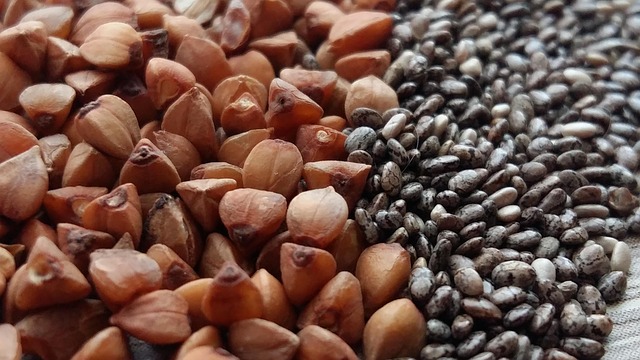Protein-packed diets are popular for good reason they help build muscle, manage weight, and support overall health. But contrary to popular belief, a high-protein diet isn’t just for meat-eaters. With the right knowledge, vegetarians can easily meet their protein needs using plant-based foods.
Whether you’re vegetarian, vegan, or include animal products in your diet, this guide will help you understand how to incorporate more protein into your meals effectively.
Why Protein Is Essential
Protein is made of amino acids, which are necessary for
-
Muscle repair and growth
-
Enzyme and hormone production
-
Immune system support
-
Keeping skin, hair, and nails healthy
-
Reducing hunger and boosting metabolism
How Much Protein Do You Need Daily?
-
General recommendation 0.8 grams per kilogram of body weight
-
Active individuals 1.2–2.0 g/kg
-
Vegetarians Aim for the higher end of the range, as plant proteins are often slightly less bioavailable
Example – A 60 kg person needs about 48–120 grams of protein per day depending on activity level.
Best Protein Sources for Vegetarians
You don’t need meat to get enough protein. Try these top plant-based protein options
Legumes & Beans
-
Lentils (18g protein per cup cooked)
-
Chickpeas
-
Black beans
-
Kidney beans
-
Soybeans
Soy Products
-
Tofu
-
Tempeh
-
Edamame
-
Soy milk (unsweetened)
Whole Grains & Seeds
-
Quinoa (8g per cup cooked)
-
Amaranth
-
Brown rice
-
Oats
-
Chia seeds
-
Hemp seeds
-
Flaxseeds
Dairy & Eggs (for Lacto-Ovo Vegetarians)
-
Greek yogurt
-
Cottage cheese
-
Eggs
-
Cheese
-
Milk
Nuts & Nut Butters
-
Almonds
-
Peanut butter
-
Cashews
-
Pistachios
Plant-Based Protein Powders
-
Pea protein
-
Rice protein
-
Hemp protein
-
Soy-based blends
Sample Protein Meal Ideas
-
Breakfast Oats with chia seeds, almond butter, and soy milk
-
Snack Greek yogurt or roasted chickpeas
-
Lunch Quinoa salad with black beans, avocado, and pumpkin seeds
-
Dinner Tofu stir-fry with vegetables and brown rice
-
Smoothie Spinach, banana, plant protein powder, and peanut butter
Tips for Maximizing Plant Protein
-
Combine foods Mix grains and legumes (like rice and beans) to form a complete protein
-
Cook in bulk Prepare lentils, beans, and quinoa ahead for easy meals
-
Snacks matter Add protein-rich snacks like nuts or roasted soybeans to your day
-
Supplement if needed Consider adding a plant-based protein shake if you’re falling short
High-Protein Foods for Non-Vegetarians (For Comparison)
-
Chicken breast
-
Fish (salmon, tuna)
-
Lean beef or turkey
-
Eggs
-
Dairy (milk, cheese, yogurt)
-
Whey protein powder
Whether you’re vegetarian or not, protein-packed diets can help improve your health, support muscle function, and make you feel fuller throughout the day. With smart food choices, vegetarians can meet their protein needs just as effectively using plant-based options. Focus on variety, whole foods, and consistency to get the most from your diet.


